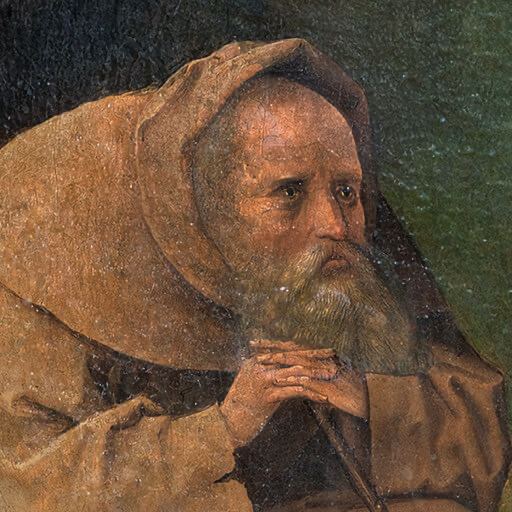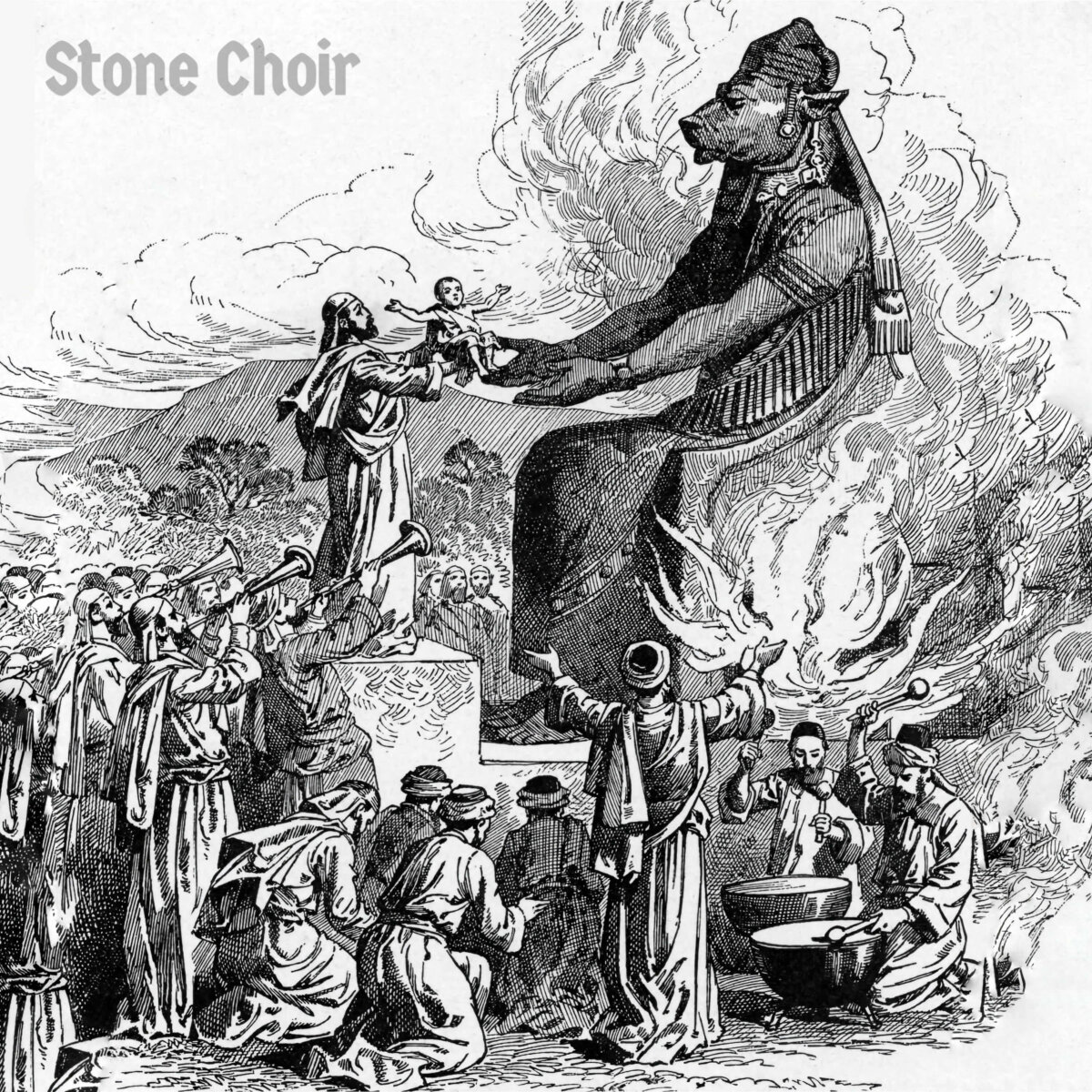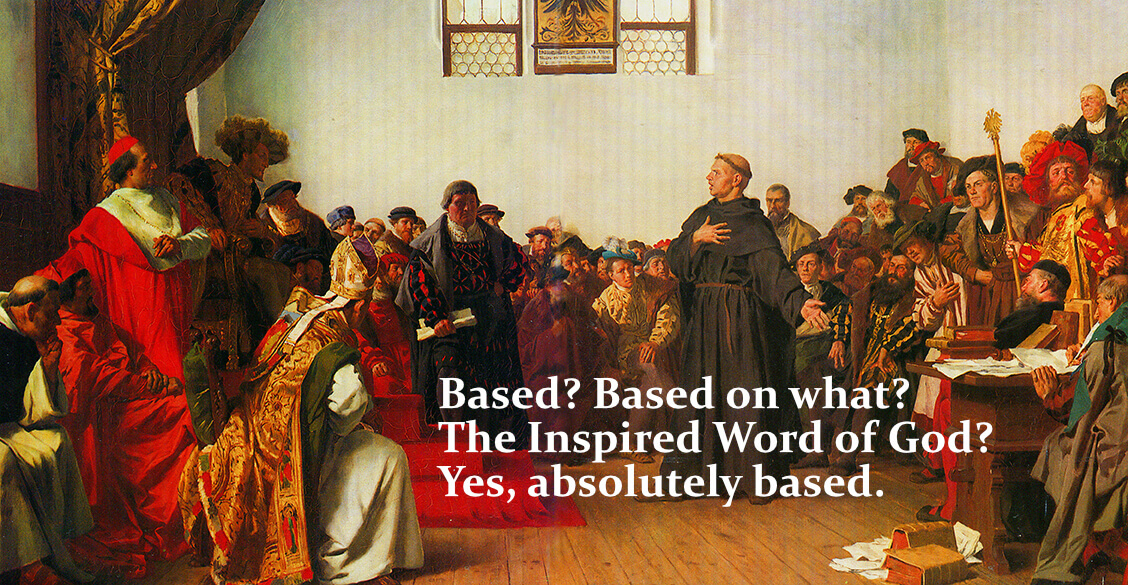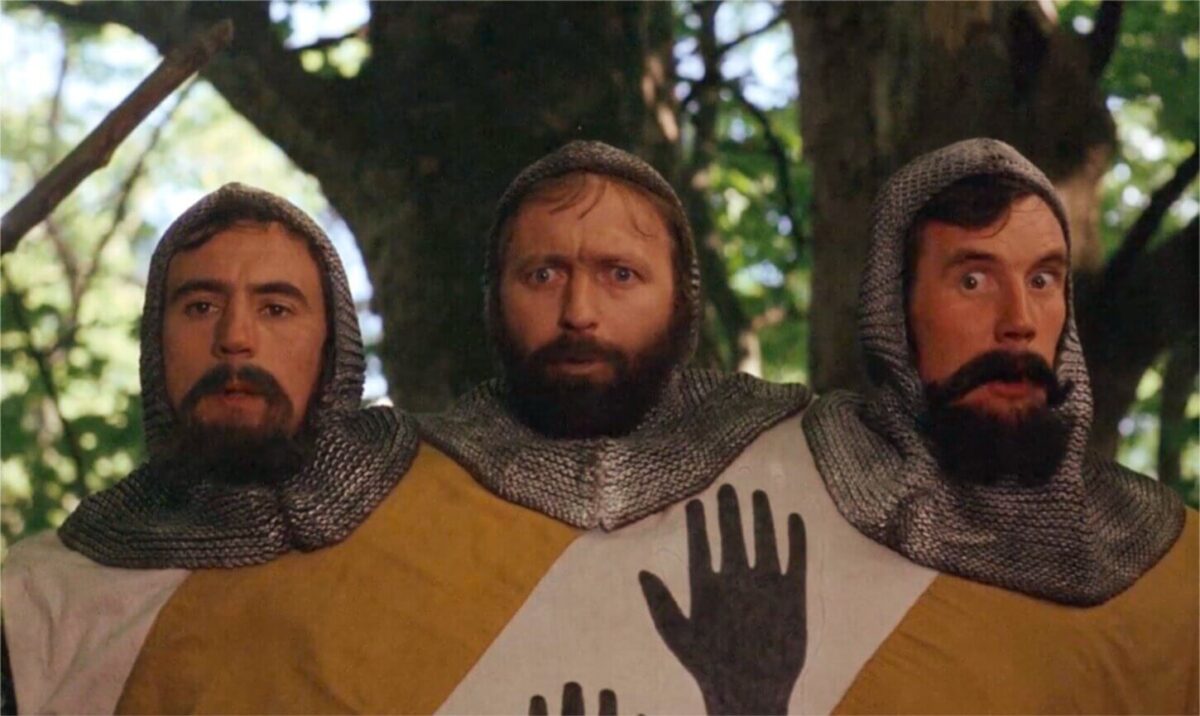Apostasy
Podcast: Play in new window | Download (Duration: 2:36:18 — 299.3MB) | Embed
Subscribe: Apple Podcasts | Spotify | Amazon Music | Youtube Music | More
Hosts

Corey J. Mahler

By the time Josiah, King of Judah, noticed that pagan worship practices had crept into the land of Judah — and even into the Temple itself —, apostasy, wickedness, and idol worship were rampant. The Temple was filled with altars to and symbols of false gods, the area around the Temple and around Jerusalem was filled with centers of false worship, and the valley adjacent to Jerusalem even saw the sacrifice of children to demons. Undoubtedly, these false beliefs and false practices did not creep into Judah all at once — Satan brought them in bit by bit.
The apostasy of Judah was not the first time humanity lost the Word of God (although perhaps none have done this as literally as Judah forgetting the actual scroll somewhere in a pile of rubble in the Temple); by the time of Judah’s apostasy, Israel (the Northern Kingdom) was already apostate and in the process of being eradicated by the Assyrians. We see the same happening all over the world as the sons of Noah lost the Word of God over time — some certainly faster than others. And, of course, the entire world, save Noah and his immediate family, had lost or rejected God’s Word by the time of the Flood.
Today, the churches face a similar crisis as that which faced Josiah: We are beset on all sides by false worship, and false shepherds and wolves have even brought these false beliefs and false practices into the church. We have fallen so far that supposed pastors, priests, and teachers will recoil when presented with the words of God. This does not mean that there is no hope, but it is surely a call for repentance and prayer. Josiah would not see the destruction of Judah, which God promised as recompense for their wickedness, but his grandson would.
Let us not be like the wicked Northern Kingdom or the apostate Southern Kingdom.
Joel 2:12–14 (ESV): »“Yet even now,” declares the LORD, “return to me with all your heart, with fasting, with weeping, and with mourning; and rend your hearts and not your garments.” Return to the LORD your God, for he is gracious and merciful, slow to anger, and abounding in steadfast love; and he relents over disaster. Who knows whether he will not turn and relent, and leave a blessing behind him, a grain offering and a drink offering for the LORD your God?«
Subscribe to the podcast here.
Show Notes
Further Reading
Parental Warnings
None.
Current Sponsor(s)
Coming soon?
Support the Podcast
Comments?
Join the discussion on Telegram, visit the feedback form or comment below.


